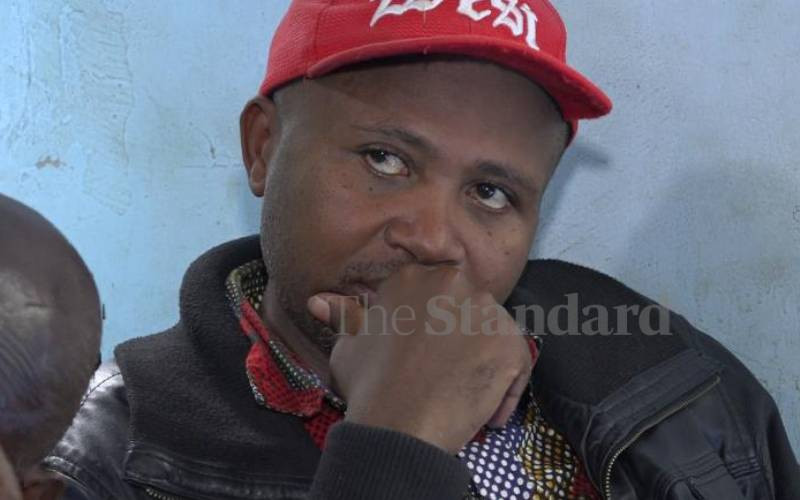×
The Standard e-Paper
Fearless, Trusted News

Christopher Kinyua, a university graduate, regrets that his academic certificates are gathering dust at home as he suffers, drowning in alcoholism.
Mr Kinyua acquired a diploma in laboratory technology, a higher diploma in medical biotechnology and later graduated with a degree in Medical Biochemistry and Molecular Biology from Jomo Kenyatta University and Technology (JKUAT).